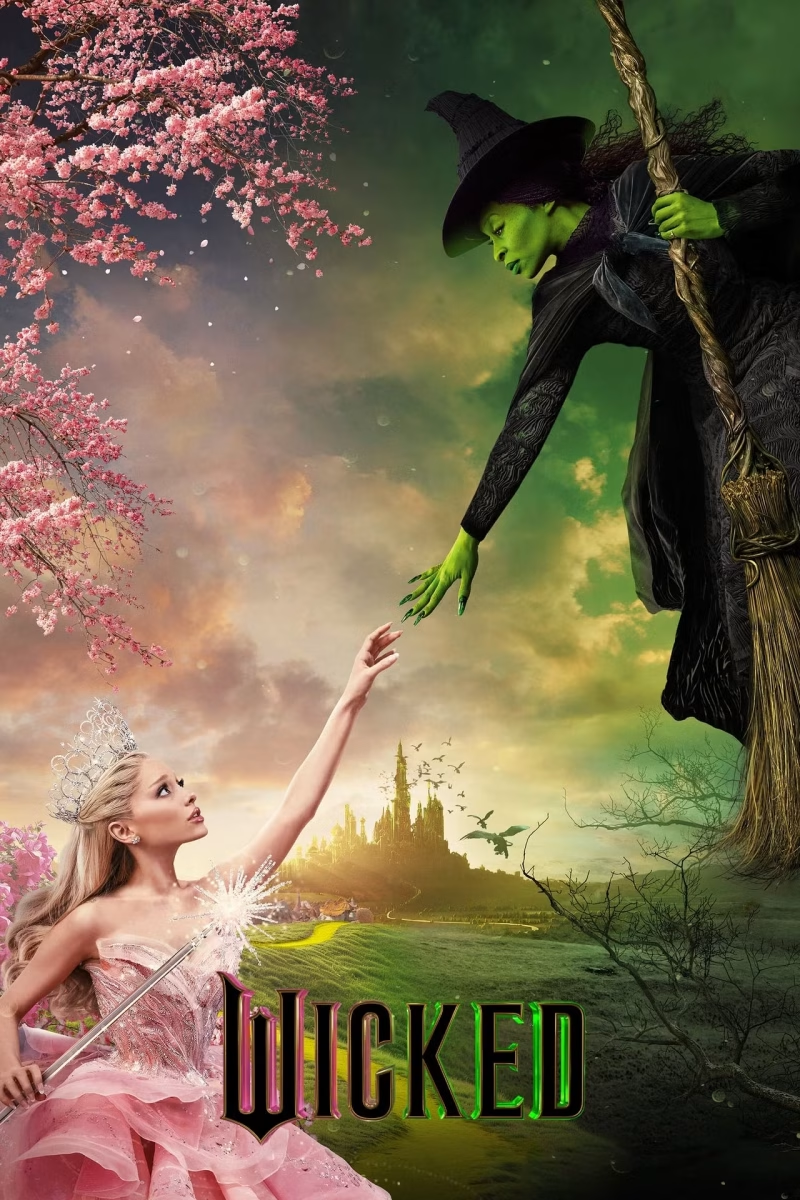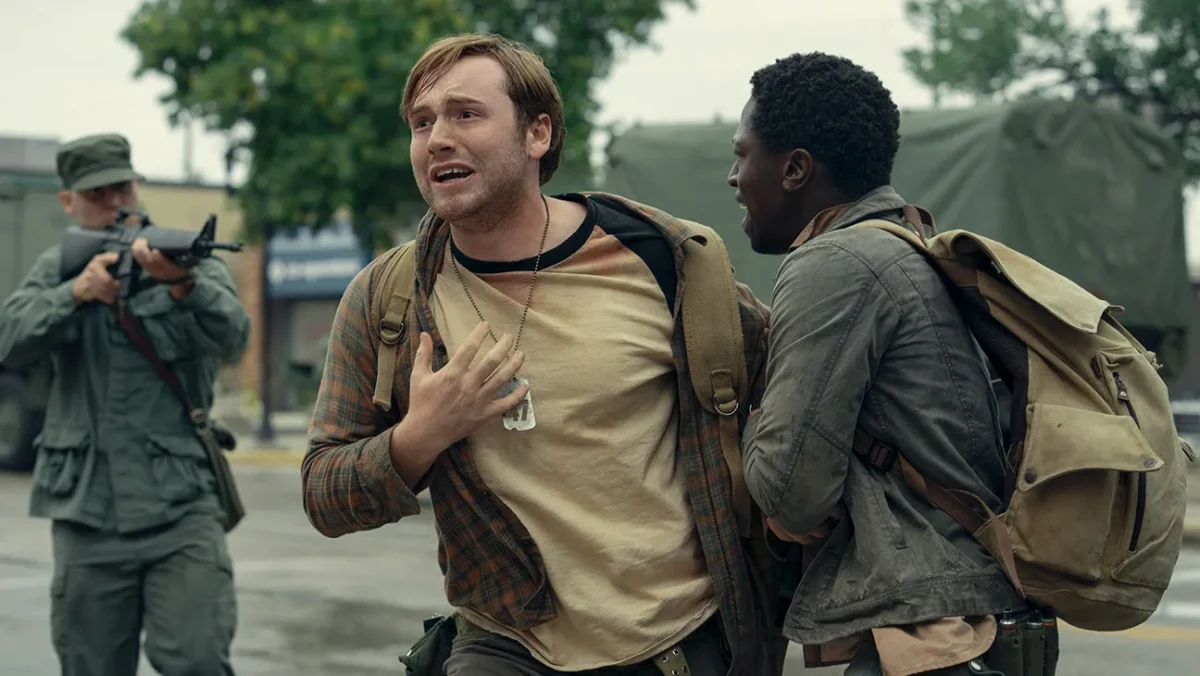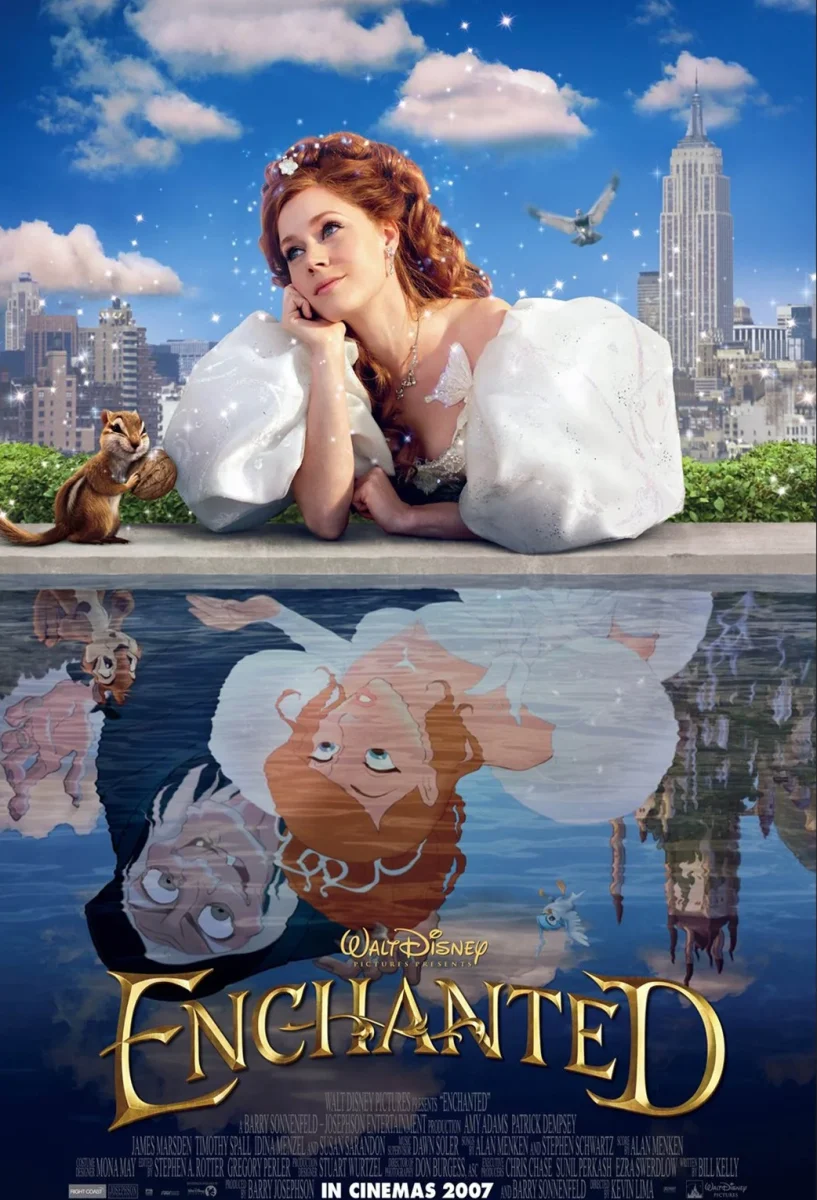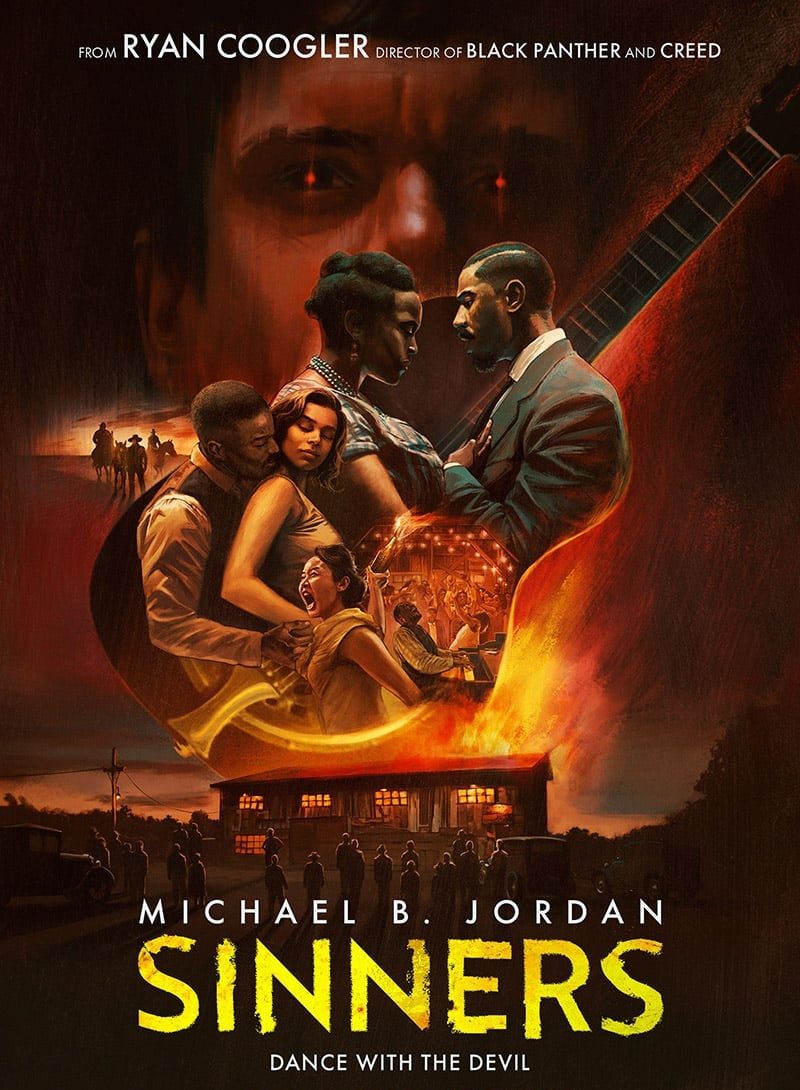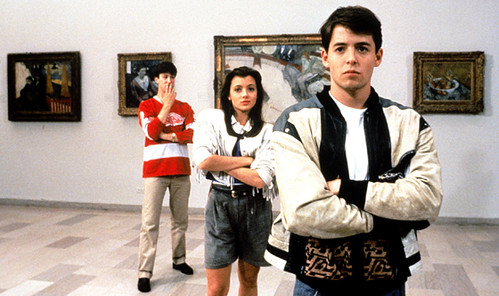Part one of the “Wicked” film premiered on Nov. 22 in theaters worldwide. The stage musical, written by Stephen Schwartz and Winnie Holzman, debuted at the Gershwin Theater in Oct. 2003. The film adaptation brings the first half of the beloved Broadway production to the big screen.
Set in the Land of Oz before Dorothy’s arrival, the film explores the backstory and unlikely friendship of two young witches during their time at Shiz University: Elphaba Thropp (Cynthia Erivo), who is misunderstood and ostracized for her green skin and Glinda Upland (Ariana Grande), a superficial, popular individual accustomed to always having her way. Though the pair initially dislike each other, their relationship evolves into a close bond. However, a visit to the Wizard of Oz (Jeff Goldblum) forces Elphaba to question everything she believes in, ultimately setting her on a path that diverges from her only friend. The film ends dramatically on a cliffhanger, with “Wicked: Part 2” set to release in Nov. 2025.
Supporting roles include Fiyero Tigelaar (Jonathan Bailey), a carefree yet charismatic prince; Boq Woodsman (Ethan Slater), a citizen of Munchkinland; Dr. Dillamond (Peter Dinklage), a goat professor at Shiz and Madame Morrible (Michelle Yeoh), the headmistress at Shiz and mentor to Elphaba. Marissa Bode portrays Nessarose Thropp, Elphaba’s paraplegic younger sister who uses a wheelchair. Bode herself is paraplegic and uses a wheelchair, making her the first actress with this lived experience to play the character.
Critics were quick to voice concerns about the casting choices made by director Jon M. Chu, questioning whether the performances would live up to the iconic characters in the original musical. While many acknowledged Erivo’s powerful voice, some felt her portrayal of Elphaba was overly serious and distant, making her harder to relate to. Similarly, Grande’s performance received mixed reactions; while her strong voice and comedic timing were praised, some noted that her performance lacked the theatrical presentation needed for the role. Despite these criticisms, the film has been acclaimed by audiences and reviewers, applauding the stage-to-screen adaptation for staying true to the essence of the musical while presenting a fresh and meaningful take on the story. “Wicked: Part I” has a 90% rating on Rotten Tomatoes, cementing its status as a successful reimagining of the classic tale.
Taylor Kessler, a senior at the University, shared her thoughts on the adaption: “I have been a fan of ‘Wicked’ for years, and I was worried the movie would not do the story justice, but it honestly exceeded my expectations! I think it did a great job at really exploring this world and the characters.” Kessler continued, “I feel like a lot of people were worried about Ariana Grande’s performance, but honestly, I think she fit the part and did a great job with her character. Overall, I am obsessed with this movie and want to watch it again!”
On Broadway, “Wicked” is presented in two acts, totaling two hours and 45 minutes, including a 15-minute intermission. The first part of the movie is two hours and 40 minutes long, lengthened drastically by scenes added to enhance the plot and provide deeper insights into characters and their circumstances. For example, Elphaba’s childhood is only vaguely mentioned in the musical but is expanded upon in the film. During “No One Mourns The Wicked,” Elphaba’s upbringing in Munchkinland is shown, including the bullying she endured from other children due to her unnatural skin color. The film also introduced a new character, Dulcibear, a nanny who raised Elphaba after her father distanced himself because he could not accept her “abnormality.”
The theme of animal rights is a crucial aspect of the story. In Oz, animals are losing their rights and being treated as inferior to humans. Elphaba, understanding how it feels to be seen as different and lesser, becomes an activist for animal rights, especially after witnessing a secret meeting with Dr. Dillamond and other frightened animals. A notable expansion is the iconic song “Defying Gravity.” The stage version lasts six minutes, while the film extends it to 16 minutes by incorporating actions made by Elphaba, Glinda and the supporting characters, making the climactic scene even more dramatic and impactful.
The ending is as powerful and emotional as the conclusion of Act One in the Broadway production. The additions to the movie deepen the audience’s emotional connection to the story, creating a more immersive experience. Unlike a stage version, a film benefits from editing and CGI, enhancing the visual appeal and bringing a new perspective while still being faithful to the original. For fans of the musical, “Wicked: Part 1” is an absolute must-watch. The only downside is the year-long wait for the next installment. If the second part takes the same creative direction, it will be worth the anticipation.
Rating: 4.5/5

